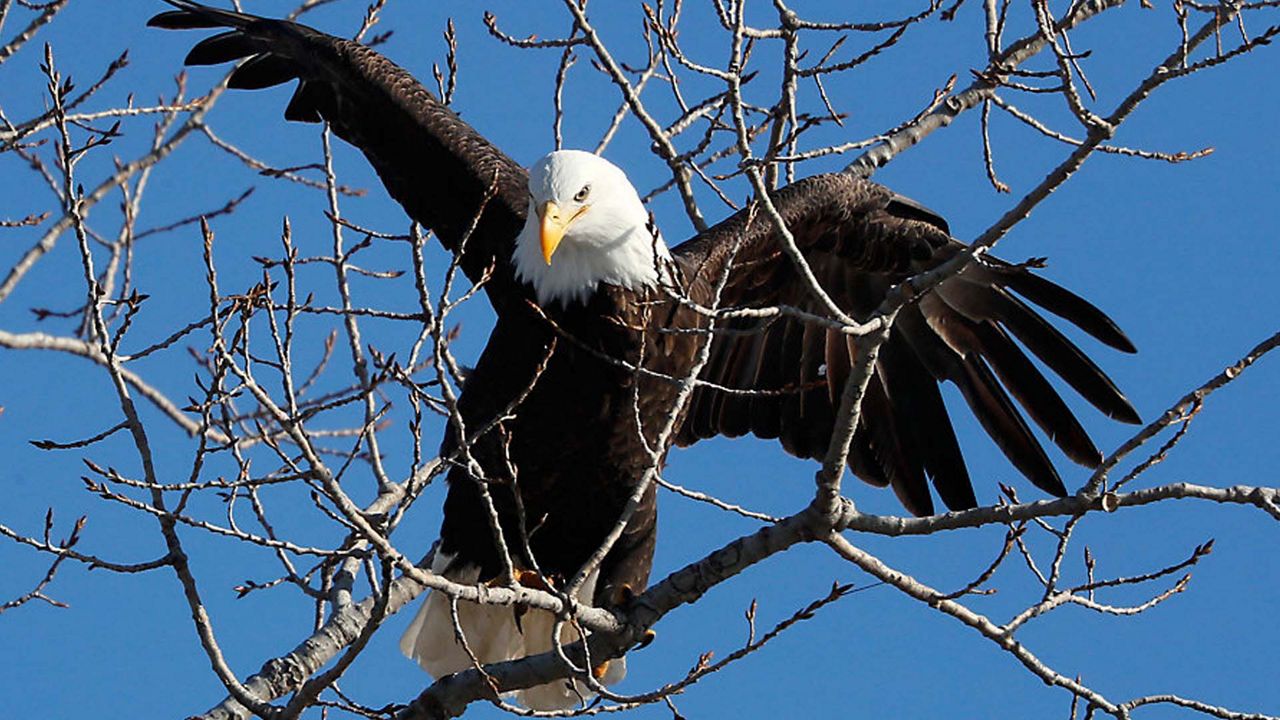As a deadly bird flu outbreak continues to sweep through Florida wildlife, nearly two dozen bald eagles have fallen victim to the virus, including several on the Space Coast.
What You Need To Know
- A deadly bird flu outbreak has been affecting wildlife in Florida
- Among the species hit by the virus, nearly two dozen bald eagles have died of bird flu
- According to the Florida Fish and Wildlife Conservation Commission, Brevard County leads the state with eight of those deaths
Brevard Zoo staff veterinarian Kyle Donnelly has a passion for caring for animals, and she's worked with sea turtles, beach mice and Florida scrub jays.
Her job entails check ups, disease and injury treatment, plus studying and understanding wildlife disease.
"Always interested in conservation," she said. "I actually thought about going the research or PhD route, but then changed gears to medicine, which I get to work with a much wider variety of species."
Since February and the onset of the avian influenza outbreak in Florida, zoo officials have put a plan into place to protect the birds by keeping them quarantined and safely away from disease carriers like vultures.
The zoo has also put its bald eagles in a temporary holding area.
"We chose this area because it's not an area where the local black vulture population likes to roost," Donnelly said of the holding area. "So this is staying away from what we know our local avian influenza-harboring species is doing."
According to the Florida Fish and Wildlife Conservation Commission, since February, 23 bald eagles in the state have died from the highly infectious bird flu strain.
Brevard County leads all counties with eight of those deaths.
Donnelly said the Space Coast is a halfway migration point for scavenger birds that carry the virus.
"So sort of a spillover affect — some of the longterm native species that live in Brevard are continually re-infecting themselves as these scavenger species die, and then infect themselves again," said Donnelly.
Despite her years of experience and knowing this is something that happens naturally, Donnelly said it doesn't make the losses any easier.
"As a veterinarian, and in a community that takes care of animals, it's tough to see our local wildlife perish like this," she said.
Anyone who spots an injured or dead bald eagle is urged to call the FWC bald eagle hotline at 888-404-FWCC.



